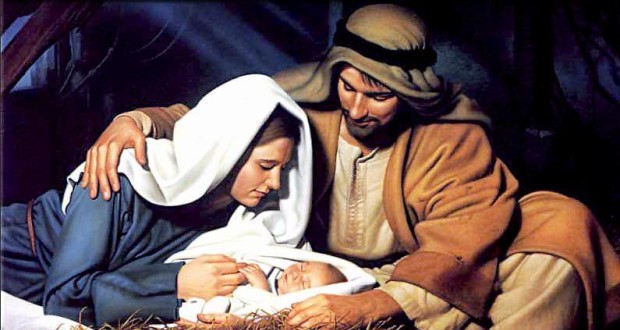The Paschal Mysteries In The Sacraments Of The Catholic Church

The sacraments as well as which are they.
The 7 sacraments were instituted by Christ and were also handed over to the Church. They are efficacious signs of grace perceptible to the senses. With them, divine life is bestowed after us. The seven sacraments are Baptism, Confirmation, Holy Eucharist, Penance, Anointing of the Sick, Holy Orders, and Matrimony.
The connection between the sacraments as well as Christ
The mysteries of the life of Christ, are the foundations of exactly what he would from this point forward give in the sacraments, through the ministers of his Church. ” What was visible in our Savior has passed over right into his secrets.” (Saint Leo the Great).
The link between the sacraments and the Catholic Church.
Christ has entrusted the sacraments to his Church. They are the sacraments “of the Church” in two ways: they are “from her” insofar as they are activities of the Church which is the sacrament of Christ’s action; as well as they are “for her” because they build up the Church.
The sacramental character.
It is a spiritual “seal” presented by the sacraments of Baptism, Confirmation, and also Holy Orders. It is a guarantee and a promise of divine protection. By virtue of this seal the Christian is configured to Christ, participates in a variety of ways in his priesthood and takes his part in the Church according to different states and functions. He is, therefore, set apart for divine worship and the service of the Church. Because this character is indelible the sacraments that impress it on the soul are received only once in life.
The connection between the sacraments and faith?
The sacraments not only presuppose faith but with words and ritual elements they nourish, strengthen, and express it. By celebrating the sacraments, the Church professes the faith that comes from the apostles. This explains the origin of the ancient saying, “lex orandi, lex credendi,” that is, the Church believes as she prays.
Why are the sacraments virtuous?
The sacraments are efficacious ex opere operato (“by the very fact that the sacramental action is performed”) because it is Christ who acts in the sacraments and communicates the grace they signify. The efficacy of the sacraments does not depend upon the personal holiness of the minister. However, the fruits of the sacraments do depend on the dispositions of the one who receives them.
The sacraments needed for redemption.
For believers in Christ the sacraments, even if they are not all given to each of the faithful, are necessary for salvation because they confer sacramental grace, forgiveness of sins, adoption as children of God, conformation to Christ the Lord and membership in the Church. The Holy Spirit heals and transforms those who receive the sacraments.
Sacramental grace.
Sacramental grace is the grace of the Holy Spirit which is given by Christ and is proper to each sacrament. This grace helps the faithful in their journey toward holiness and so assists the Church as well to grow in charity and in her witness to the world.
The sacraments and eternal life.
In the sacraments the Church already receives a foretaste of eternal life, while “awaiting in blessed hope, the appearing in glory of our great God and Saviour Christ Jesus” (Titus 2:13).
ccc 1077 – 1133




